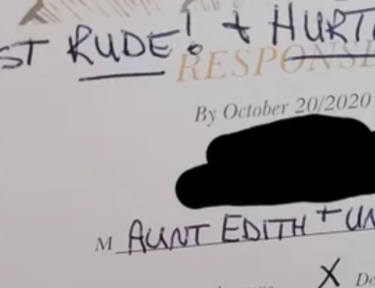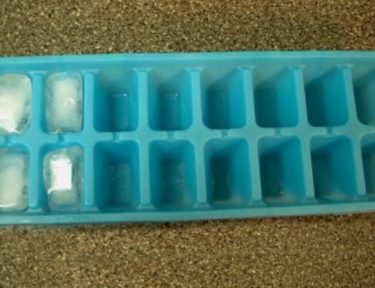How to Keep Your Bananas Fresher for Longer
Now, things are different. Like many people, we find ourselves turning to canned and frozen items so that we can stock up and not have to worry about our produce spoiling. We still buy fresh produce, but even though we’ve learned some great ways to store it so that it will last as long as possible, we still find ourselves turning to canned and frozen produce before returning to the grocery store.
My family loves bananas. In one day, we can go through quite a few. We never used to have a problem eating them before they were ripe, and if we ever did have a few extra ones with brown spots, we’d make banana bread.
Now, we either run out of bananas in a couple days or buy a bunch hoping they’ll last and find ourselves making and freezing several loaves of banana bread. Thankfully, we’ve found an easy way to prevent bananas from ripening so quickly. All you need is plastic wrap. Watch the video below to see what you need to do.
Really. That’s all it takes. Plastic wrap works because it prevents the ethylene gas in the banana stem from speeding up the ripening process. If you want to slow down ripening even more, separate the bananas and wrap each individual stem with plastic wrap.
Does it really work? Yes. Food52 put it to the test. The bananas on the left weren’t wrapped in plastic wrap. The bananas in the middle had their stems wrapped in plastic wrap. The bananas on the right were separated and each individual stem was wrapped in plastic wrap. Here’s a “before” picture.
This picture was taken 4 days later. The bananas on the left are clearly much riper than the other bananas.
Now that you know how to prevent your bananas from ripening so quickly, you might be wondering about how to slow down the ripening process for other fruits and vegetables. Here are a few quick tips.
- For garlic, onions and potatoes, store them in a cool, dark spot. The refrigerator is actually too cold. A dark cabinet would work better.
- For scallions and leeks, you can actually regrow them by putting them on your counter in a glass of water! Put the roots in a glass of room-temperature water, and set them in a sunny spot. Your kitchen window works well.
- For other produce, consider freezing it yourself. First, blanch it (cook in salted boiling water for 2-4 minutes and then move the veggies to an ice bath to stop the cooking process). Then, allow it to dry completely before putting it in a freezer bag.




